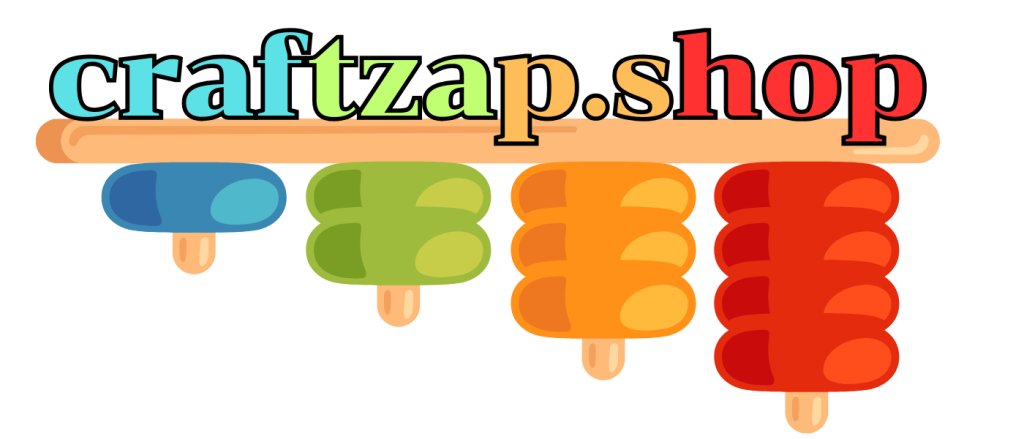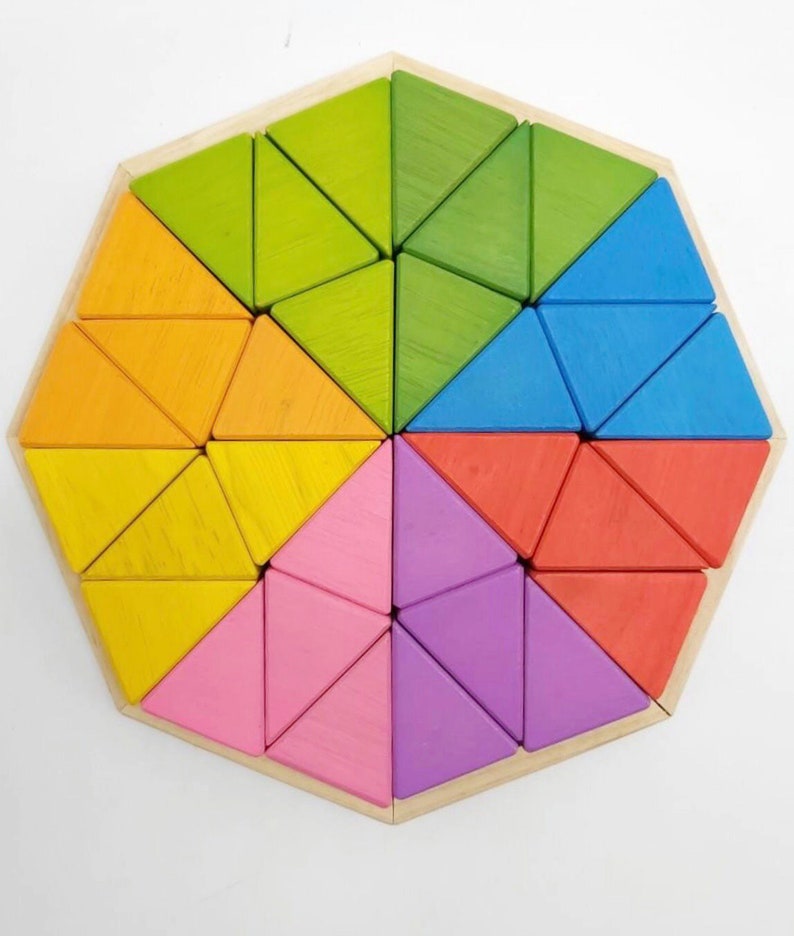News
The Rise of Handmade Goods: Why They’re More Popular Than Ever
In recent years, handmade goods have become a global trend, and this includes handcrafted Montessori wooden toys. From intricately carved playthings to personalized educational tools, handmade items are becoming a favorite among consumers seeking something special and meaningful. So, why are people turning to handmade toys instead of mass-produced alternatives? Let’s explore the reasons behind this growing movement.
- Uniqueness and Personalization
One of the biggest reasons for the popularity of handmade goods is their uniqueness. Unlike mass-produced toys, each handmade piece carries its own distinct charm. Whether it’s a slight variation in the texture of the wood or the color of the paint, these small differences make each toy feel special and personal.
For example, a wooden Montessori stacking toy will often have slight variations in shape and color, reflecting the artisan’s touch, unlike identical factory-made versions. This uniqueness appeals to parents who want their children to have toys that are not only educational but also one-of-a-kind.
Handmade toys also offer customization options, allowing parents to choose colors or designs that match their child’s preferences. These personalized touches create an emotional connection, adding value to the item.
- Higher Quality and Durability
Handmade wooden toys are crafted with precision and care. Artisans often use higher quality materials, such as sustainably sourced wood, and employ techniques that ensure durability. These toys are made to withstand the wear and tear of daily play, unlike cheaper, mass-produced alternatives that may break after only a few uses.
A wooden Montessori stacking toy, for instance, is crafted to last for years, with smooth, non-toxic finishes that ensure safety for young children. Its durability makes it a worthwhile investment, as it can be passed down through generations.
- Sustainability and Eco-Friendliness
Sustainability plays a key role in the popularity of handmade goods, especially wooden toys. Unlike mass-produced toys that often contribute to waste and environmental harm, handmade toys are typically produced in small batches, reducing overproduction and waste.
Many artisans are committed to using eco-friendly materials, such as organic cotton for fabric components or sustainably harvested wood. By choosing handmade toys, consumers are supporting artisans who prioritize the environment.
- Supporting Local Artisans and Small Businesses
Buying handmade toys means supporting local artisans and small businesses. Consumers are more aware than ever of the benefits of shopping local, especially after the disruptions caused by the pandemic. When purchasing a handmade Montessori toy, customers are helping to sustain the livelihoods of skilled craftspeople who dedicate their time to perfecting their craft.
Additionally, consumers often feel a personal connection to the artisans who create these toys. Many makers share the stories behind their products, giving buyers a glimpse into the process and passion behind each creation. This fosters a sense of community and authenticity that is missing from mass-produced alternatives.
- The Return to Craftsmanship and Tradition
The rise of handmade goods signals a return to traditional craftsmanship, with many consumers seeking out time-honored techniques that are passed down through generations. Handmade wooden toys are crafted using skills such as woodworking, carving, and painting—skills that have been honed over years.
In particular, Montessori toys are designed with educational value in mind, using traditional methods that encourage the development of essential skills in young children. Parents are increasingly appreciating the cultural significance of these practices and the value they bring to the learning process.
- The Experience of Buying Handmade
The experience of purchasing a handmade item is often more enjoyable and rewarding than buying mass-produced goods. Consumers love the opportunity to browse local craft markets or visit an artisan’s workshop to see the toys being made. For many, it’s not just about the product but the journey of discovering it.
With handmade Montessori toys, buyers know they are investing in a product that is not only educational but also crafted with care. This personal touch adds a level of satisfaction that comes from knowing the item was made with love and dedication.
- The Impact of Social Media and Online Platforms
The rise of online platforms like Etsy, Shopify, and Instagram has played a significant role in the growing popularity of handmade goods. These platforms allow artisans to reach global audiences, showcasing their craftsmanship and storytelling to attract customers.
For example, a beautifully crafted Montessori wooden toy shared on Instagram may quickly go viral, generating worldwide interest. This exposure helps independent artisans compete with larger companies, bringing handmade toys to the forefront of the market.
Conclusion
The growing demand for handmade goods, including Montessori wooden toys, reflects a shift towards valuing uniqueness, quality, sustainability, and the connection to local artisans. As consumers increasingly seek products that are meaningful, eco-friendly, and made with care, the popularity of handmade toys will continue to rise. These timeless, handcrafted pieces not only support a child’s development but also offer a deeper, more personal connection than mass-produced alternatives.
As the trend continues, it’s clear that handmade toys are here to stay, helping children discover the world around them in a way that’s both educational and fun.

